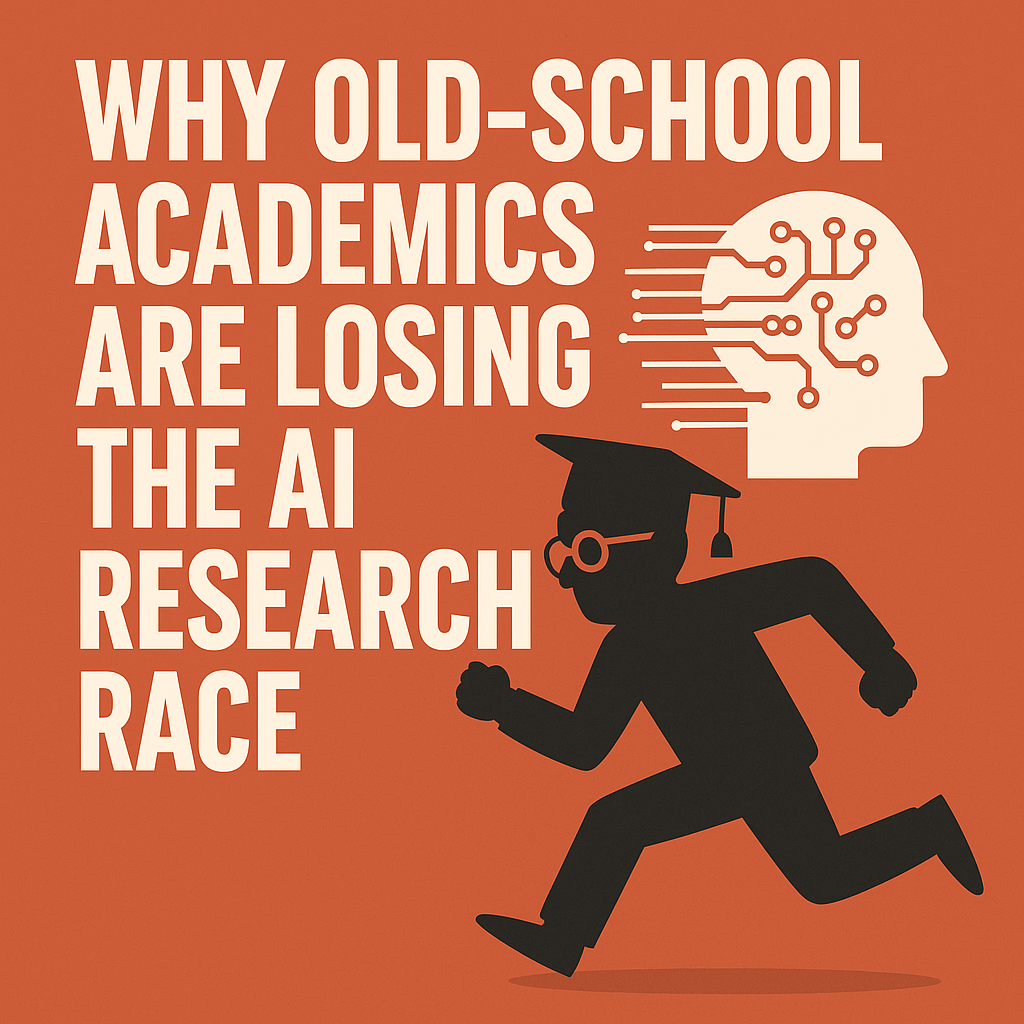For decades, academic research followed a predictable rhythm: read papers, write notes, build arguments, cite sources. But in recent years, that rhythm has been disrupted. A growing number of scholars—especially younger researchers—are turning to AI for academic research to save time, gain insight, and increase productivity. Meanwhile, many “old-school” academics are lagging behind, skeptical of new tools that could redefine their field.
The result? A widening gap between those who embrace AI and those who resist it.
The New Age of Research: Powered by AI
The rise of tools like SciSummary and other AI academic research tools has transformed the research workflow. What used to take hours—reading dense journal articles, crafting an academic literature review, comparing multiple sources—can now be done in minutes.
Today’s most efficient scholars are using AI for research papers to quickly extract key findings, summarize methodologies, and identify gaps in the literature. Some even rely on AI paper readers to help them digest dozens of papers in one afternoon—without ever reading them in full.
These aren’t just shortcuts. They’re accelerators of understanding.
Resistance from the Old Guard
Despite these advances, many senior academics remain wary. Some argue that using AI paper reviewers or AI for reading research papers dilutes the quality of scholarship. Others worry that students will rely too heavily on automation and lose critical thinking skills.
But the irony is hard to ignore: while the critics hesitate, others are moving forward. In competitive research environments—grants, fellowships, publications—speed and accuracy matter. And those using the best AI for academic research are already outpacing those who cling to traditional methods.
AI Adoption Is About Strategy, Not Laziness
It's a mistake to assume that using AI makes a researcher less serious or less skilled. In truth, leveraging tools like read paper AI or an AI chat for scientific PDFs is often a sign of strategic thinking. Researchers who embrace automation are freeing themselves from time-consuming drudgery so they can focus on deeper questions, richer analysis, and more original contributions. The smartest scholars aren’t working harder—they’re working smarter.
The Advantage Is Clear
Let’s be honest: most researchers don’t have the time to read every article that lands in their inbox. That’s where read paper AI tools shine. They sift through the noise and deliver concise, relevant insights. They don’t replace deep thinking—but they clear the way for it.
In fact, some of the best AI for research papers now offer features that go beyond summarization. They analyze citations, track emerging trends, and assist in reviewing entire paper drafts. For early-career researchers and overwhelmed faculty, these tools are becoming indispensable.
AI Is Not the Enemy of Academia—It’s the Catalyst
There’s no question that AI is transforming how we engage with knowledge. But instead of resisting it, the academic world should adapt and lead. AI for academic research isn’t a threat to traditional scholarship—it’s a tool to enhance it.
Those who embrace AI academic research tools aren’t lazy. They’re smart, strategic, and focused on what matters: understanding and advancing knowledge. The sooner academia acknowledges this shift, the better equipped it will be to thrive in the future.
